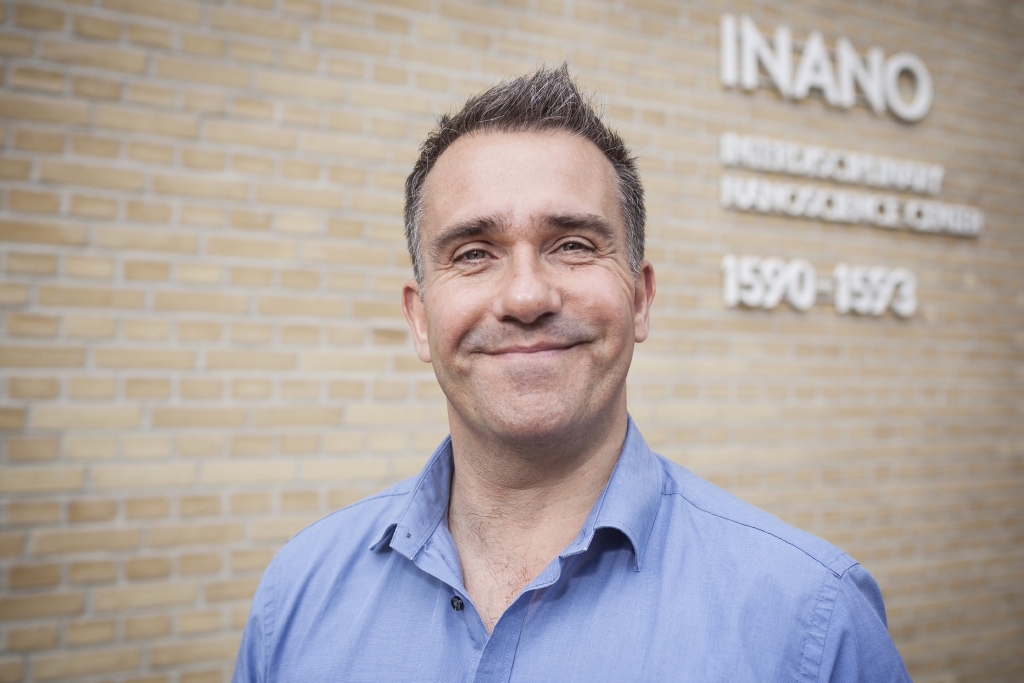iNANO researcher part of international network with world leaders in gene therapy and regenerative medicine
Associate Professor Ken Howard is collaborating with 11 European partners in a new consortium funded by the European Commission. Through the training of young researchers, the aim is to pave the way for developing regenerative medicine for osteoarthritis and intervertebral disc degeneration by means of non-viral gene therapy.

Chronic low back pain due to intervertebral disc degeneration and osteoarthritis is affecting the human health and well-being worldwide due to pain and impaired mobility. Non-viral gene therapy has great promise as safe and precision treatment to restore intervertebral disc and joint tissue health.
However, the progress in generating therapies is inhibited by the fact that it is difficult for drugs to access the affected cartilaginous tissues.
PhD programme on non-viral gene therapy in regenerative medicine
Associate Professor Ken Howard (iNANO) is part of a new consortium, CARTHAGO, which is a Horizon 2020 Innovative Training Network (ITN) funded by the European Commission.
8 universities and 4 companies in 10 different countries will collaborate on developing regenerative medicine for these disabling diseases, by applying non-viral gene therapy.
It is a highly multidisciplinary team, which will exploit the potential of gene therapy in intervertebral disc and joint disease by taking a multi-faceted approach towards the delivery and activity of oligonucleotides and encoding nucleic acids.
Besides joining forces to advance the research in this field, another important aim of the this 4-year project is to deliver agile scientists who can take the science and innovation to the next level in Europe.
15 young researchers will be enrolled in a PhD programme developed by the consortium, and trained in delivery science, quality by design, nucleic acid chemistry, nanomedicine, cartilage and intervertebral disc biology, ethics, entrepreneurship and academic transferable skills.
Albumin for delivery of nucleic acid therapeutics
Ken Howard’s lab is focused on protein engineered solutions to the delivery requirements of biomacromolecules, with albumin the predominant drug delivery platform. The focus is to exploit the natural transport properties of albumin and tune drug pharmacokinetics with recombinant variants of the protein multi-functionalised using nucleic acid assemblies.
n the CARTHAGO ITN, Ken Howard’s lab will focus on albumin-based delivery of nucleic acid therapeutics to the diseased articular joints and intervertebral disc.
Two PhDs will join the lab, with one a joint PhD with industrial partner Albumedix Ltd. (UK) that further strengthens the long-standing collaboration between Ken Howard’s lab and Albumedix.
Read more about the consortium, CATHAGO here: https://itn-carthago.sites.uu.nl/
For further information, please contact
Associate Professor Ken Howard
Interdisciplinary Nanoscience Center (iNANO)
Aarhus University
Email: kenh@inano.au.dk